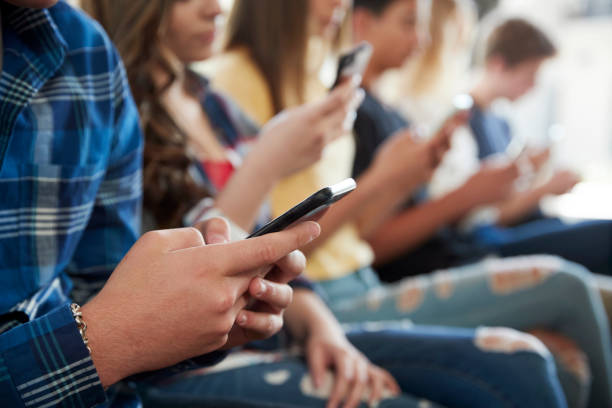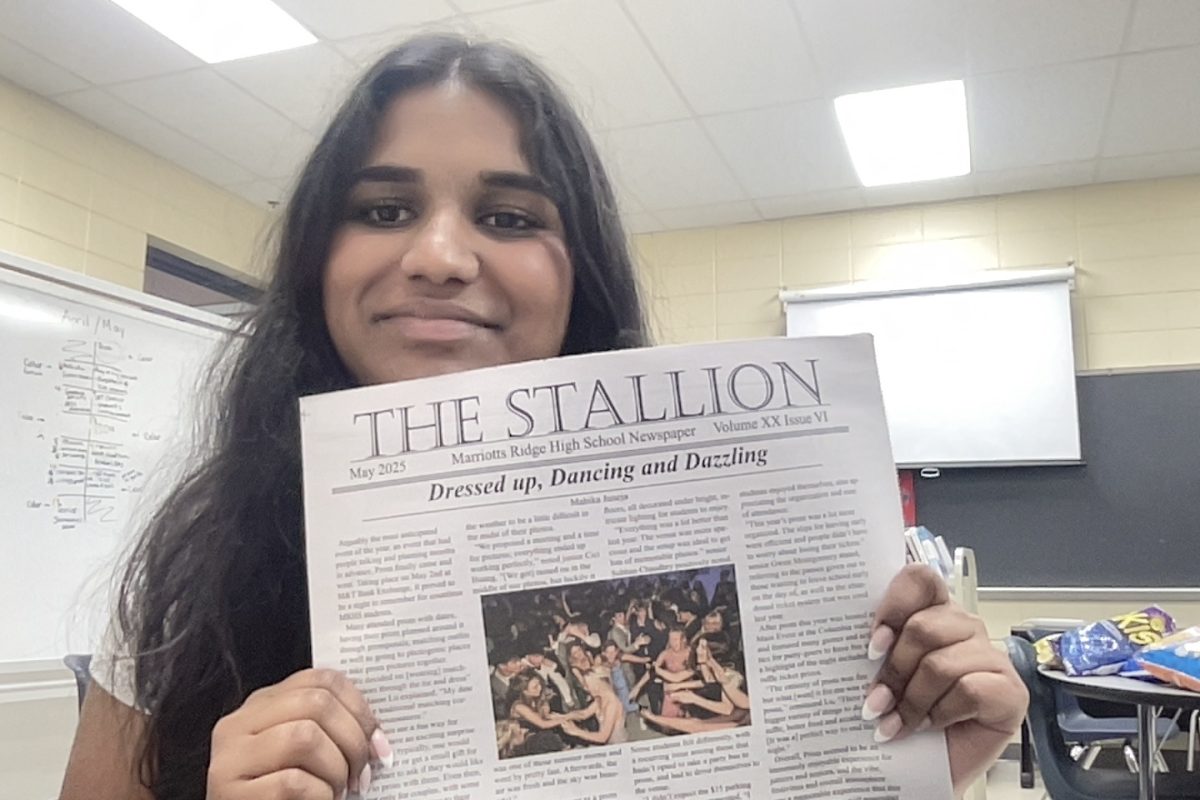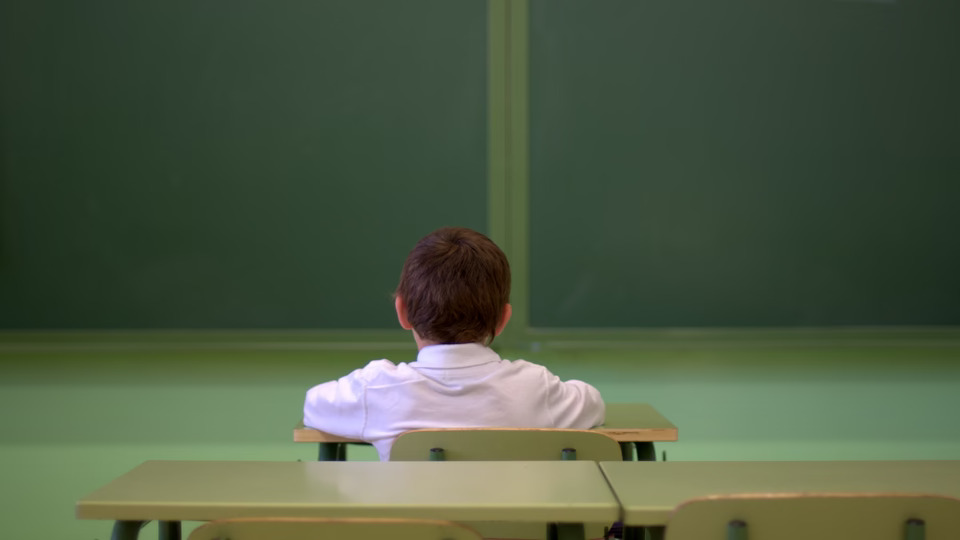Becoming an integral part of most people’s lives, phones are indisputably as much a gift to society as they are a curse. As useful as they are for students to stay in touch and access information, the usage of phones has been linked to mental health issues, facilitating bullying, promoting peer pressure, hindering sleep and social media addiction.
Phone policies have been a widely debated topic between students and school-staff for as long as phones have been owned by teenagers. The policy regarding how students’ phones should be dealt with depends on what school one goes to, and policy changes from year to year. Currently, MRHS has a policy that requires phones to be put away during class unless they are being used for instructional purposes. The degree in which this policy is enforced depends heavily on the teacher. For example, Mr. Lowe, a science teacher, does not enforce strict phone restrictions as he believes they are overall a useful tool for students.
“I don’t really have a policy. Mine is more [of] if I see [phones] out and you are not doing what you’re supposed to be doing, I just ask you to put it away… I [do not ask students to] put it in compartments,” Mr. Lowe commented.
As a whole, MRHS has minimal restrictions and punishments on student phone usage, compared to some other schools. Throughout the US, some schools such as “The Midland School in Los Olivos, California, does not allow students to bring phones of any kind to campus” according to Mark Oppenheimer from The Atlantic on “The School That Ban Smartphones.” With MRHS’ comparably minimal restrictions and punishments, many students can be observed using their phone throughout the school day by teachers.
“Depends on the kid, but sometimes you’ll see it multiple times a period, sometimes you’ll see it once a period, often every day,” Mr. Lowe observed.
Along with teachers, other students are able to see their peers using their phones during class often.
“A hundred percent of the time there is someone on their phone in class,” senior Ethan Peters remarked.
With such relaxed phone policies, many students do not have many complaints with the system as it is right now. These students believe that a stricter phone policy might infringe on their rights to their own phone, but believe that a looser policy would result in too many students using their phone during class, distracting other students.
“The phone policy should just be as it is. It shouldn’t be looser because that means people would use their phones more, but it shouldn’t be stricter because it’s just good as it is,” sophomore Sathvik Tumpudi posited.
The MRHS phone policy remains an important aspect in how students interact with their environment. Regardless of how loose or strict the policy might become, its consequences are sure to affect students and teachers alike. As the policy currently stands, concerns could be raised as to how much students end up using their phone but overall, it remains a policy liked by all, from teachers who enforce said policies, to the students who are required to abide by them.
Categories:
Locked Away: The Effects of MRHS’ Phone Policy
Close Up Of A Line Of High School Students Using Mobile Phones
More to Discover
About the Contributors

Sean Zissu, Managing Editor
My name is Sean Zissu. I am a senior and this is my second year in journalism. In school, I take interest in all parts of STEM. Out of school, I enjoy listening to music, playing piano, and hanging out with my friends. I’m excited to be part of the newspaper again.

Oliver Musters, Staff Writer
I am Oliver Musters, a junior and journalism II student. I love writing articles concerning a variety of school-related subjects, and cannot wait for a terrific year in J2. Also, in my spare time, I enjoy working out, having exercised for about a year.








